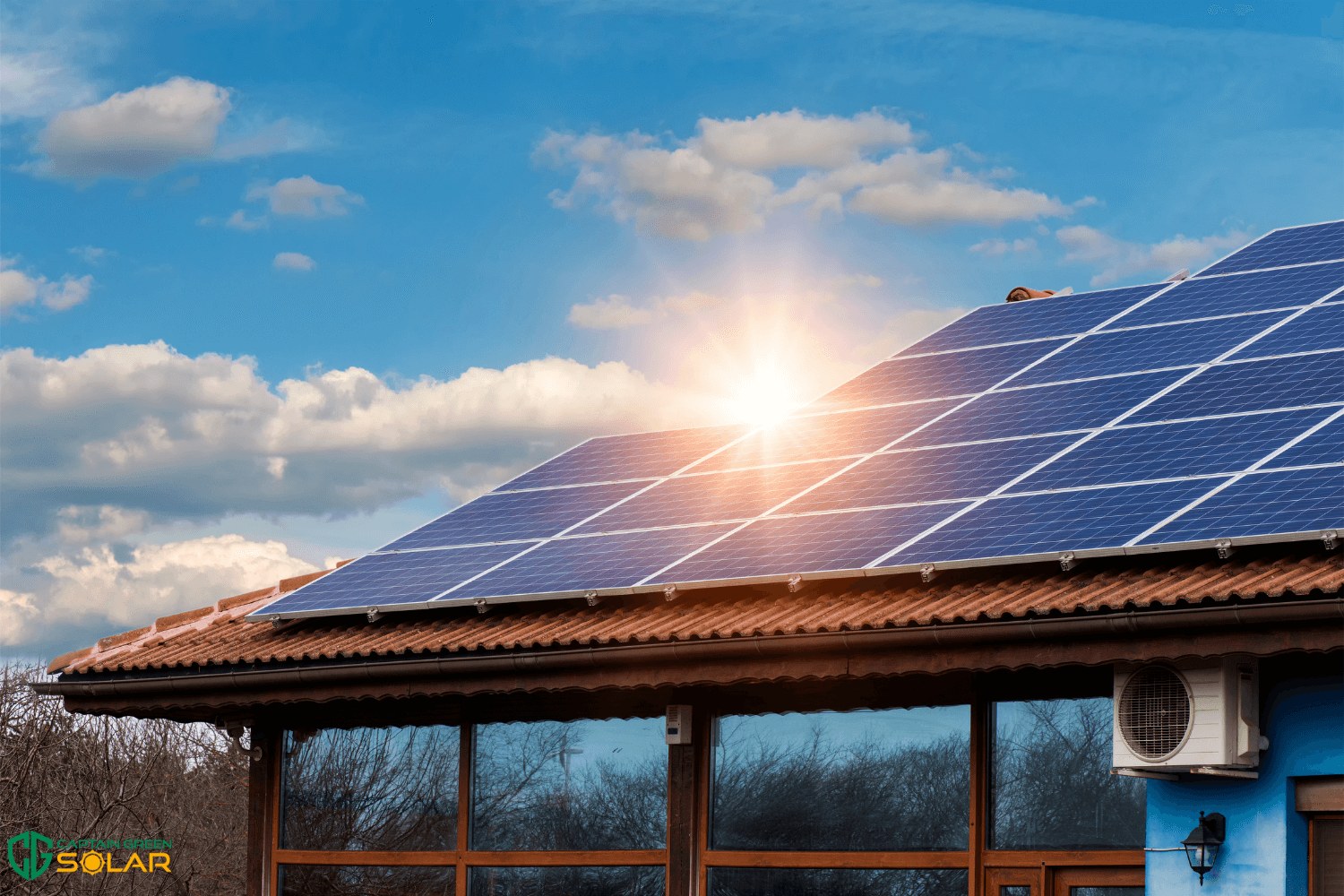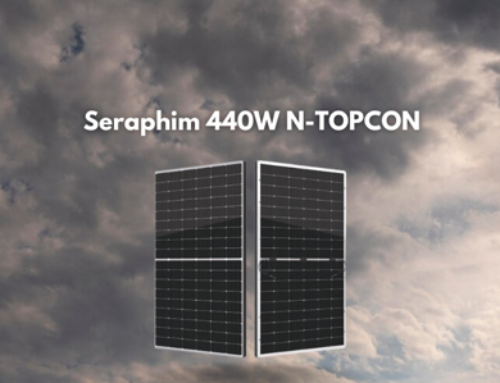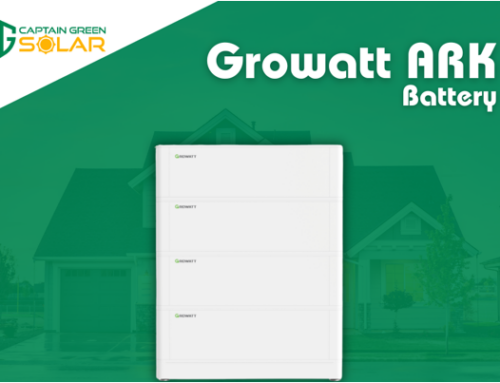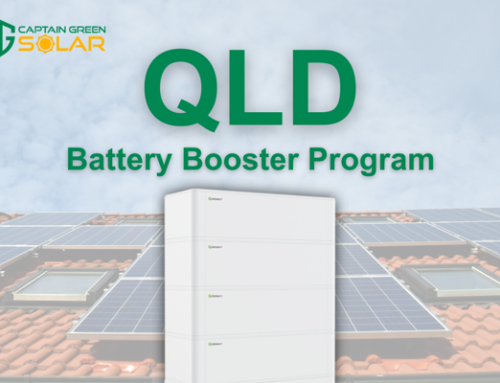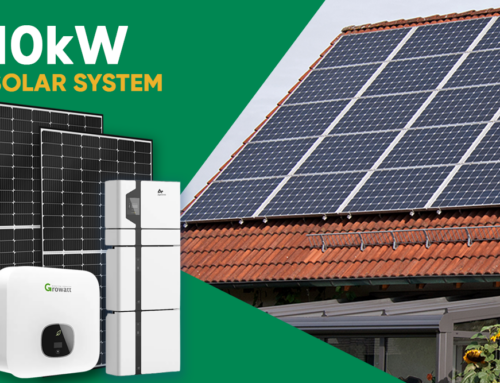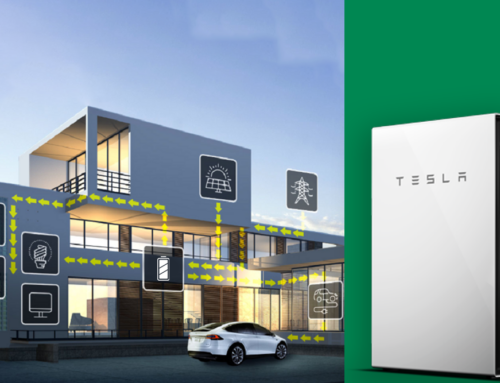Concerned about seasonal solar panel performance? Maybe you’re curious about the best time of year for solar panels and their efficiency? Captain Green is here to answer any and all questions regarding solar panel performance across the Australian seasons.
In a nutshell, solar panel systems work their best when the sun is shining. As the strength and angle of the sun vary throughout the day and across seasons, so too does the power of the sun’s radiation, thus affecting the amount of electricity your solar power system can generate.
So, when considering seasonal solar panel performance, what month is best for solar panels? And what is the difference in solar power generation summer vs winter? As the leading provider of solar panels nationwide, Captain Green will discuss everything you need to know about seasonal solar panel performance so that you can maximise your solar panel systems energy generation.
Solar Power Generation: How Does It Work?
Solar panels generate clean, renewable energy through the conversion of sunlight. Solar panels comprise both negative and positive charge cells with layers of silicon, phosphorus (negative) and boron (positive). When the sun sends out photons, these photons hit the photovoltaic cells on the solar panels, generating an electrical current.
With careful planning and installation by professionals from a clean energy approved solar retailer such as Captain Green, a solar panel system will generate adequate power during the day, with enough to use overnight.
Seasonal Solar Panel Performance
As solar panel systems rely on sunlight to produce energy, they experience the best results during the day and at a time of the year where sunlight is prevalent for longer periods. We’re fortunate to live in Australia, where sunlight does not differ extensively between summer and winter. Australia is undoubtedly one of the sunniest countries in the world, and thus solar performance is optimal.
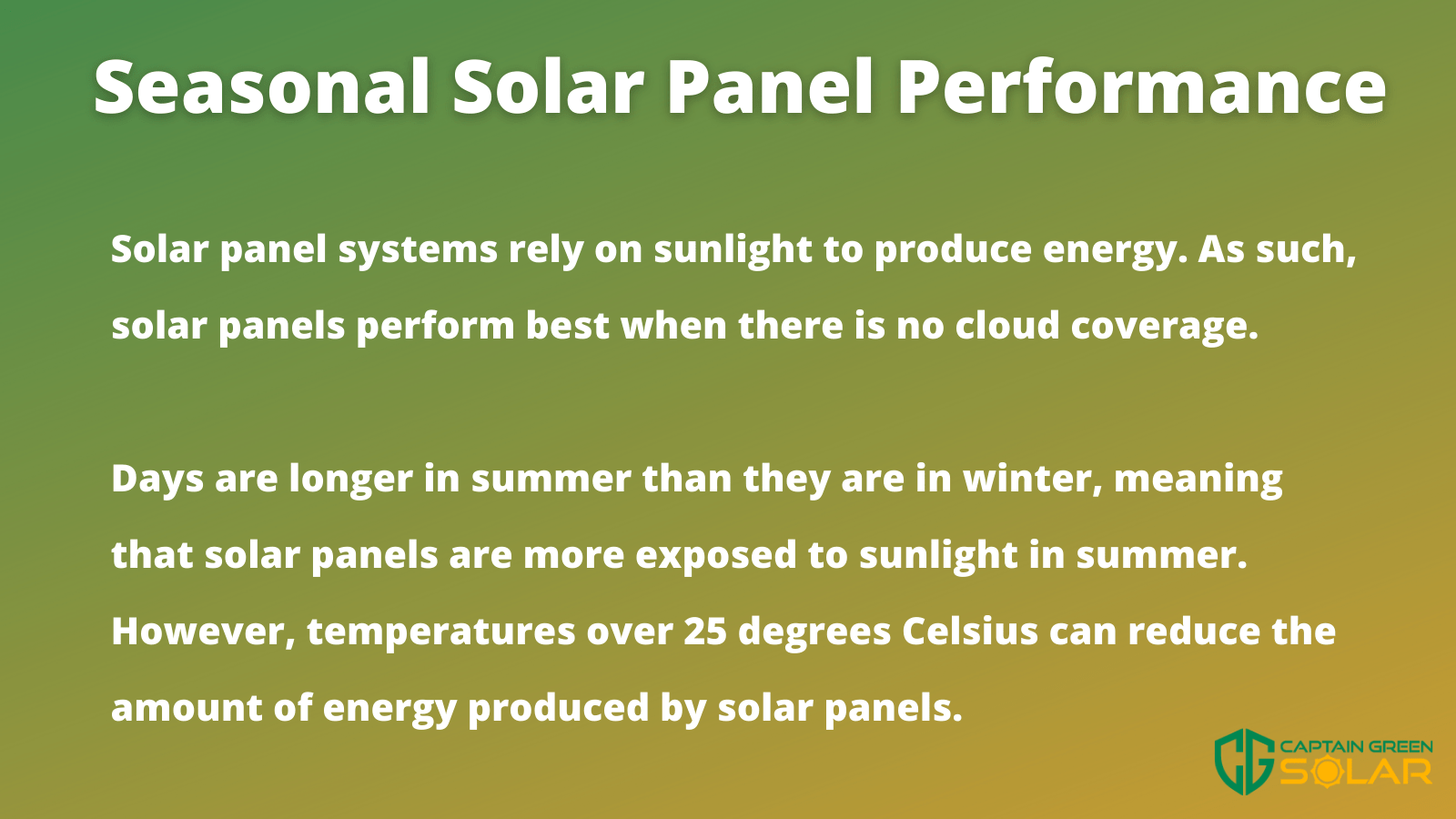
Seasonal factors that can affect the efficiency of solar power production include:
- Location
- Weather
- Time of Day
- Temperature
Continue reading to discover how each of these seasonal factors can affect your solar panel performance throughout the year and what it means for your investment.
Location
Solar panel performance will vary depending on the location of your solar panels. Roof angle, orientation and the location of your home will impact the efficiency of your system and how much energy the panels can generate.
The optimal position for panels to be placed is where they are positioned perpendicular to the sun. North angled rooftops have the best performance and generate the most.
In times where there is prevalent sunlight, your solar panel system should be placed on the part of the roof most unimpeded by shade. It is essential to avoid any shadows that can occur throughout the day across the seasons due to the changing position of the sun.
Weather
Much of Australia’s cloudy weather occurs in colder seasons such as autumn and winter. While your solar panels will continue to produce at these times, they’ll generate less energy. On a partly cloudy day, your solar panel energy production can drop by 10% to 25%, depending on how frequently the clouds pass over your system. Moreover, high winds can blow dust or debris onto your solar panels, which may require cleaning to maintain optimal energy production.
While rain itself will have little to no impact on your solar panel performance, rain clouds themselves will lower your energy production. In fact, the occasional rainstorm can be good for your solar system – a safe, cost-efficient way to clean the panels. Layers of dirt or dust that build up on panels can block sunlight and cause a decrease in production.
When considering seasonal solar panel performance, it should be said that solar panels perform best in spring and summer as sunlight is more present compared to other seasons.
Time of Day
Solar panels perform the best during times of day where sunlight is prevalent, typically 10 am-4 pm. Solar panels will produce energy outside of these times, but not as much.
However, solar panels will not generate any energy during the night-time. Having said that, you can incorporate a battery into your solar system to store excess power that has been generated during the day. With solar battery storage, your property can become its own electricity self-sufficient ecosystem, less dependent on power from the main grid. You can use this stored power at night-time.
As Australia’s leading solar provider, Captain Green recommends using solar batteries and encourages solar panel owners to view our range of solar batteries.
Temperature
The optimal temperature for solar panels is 25 degrees Celsius.
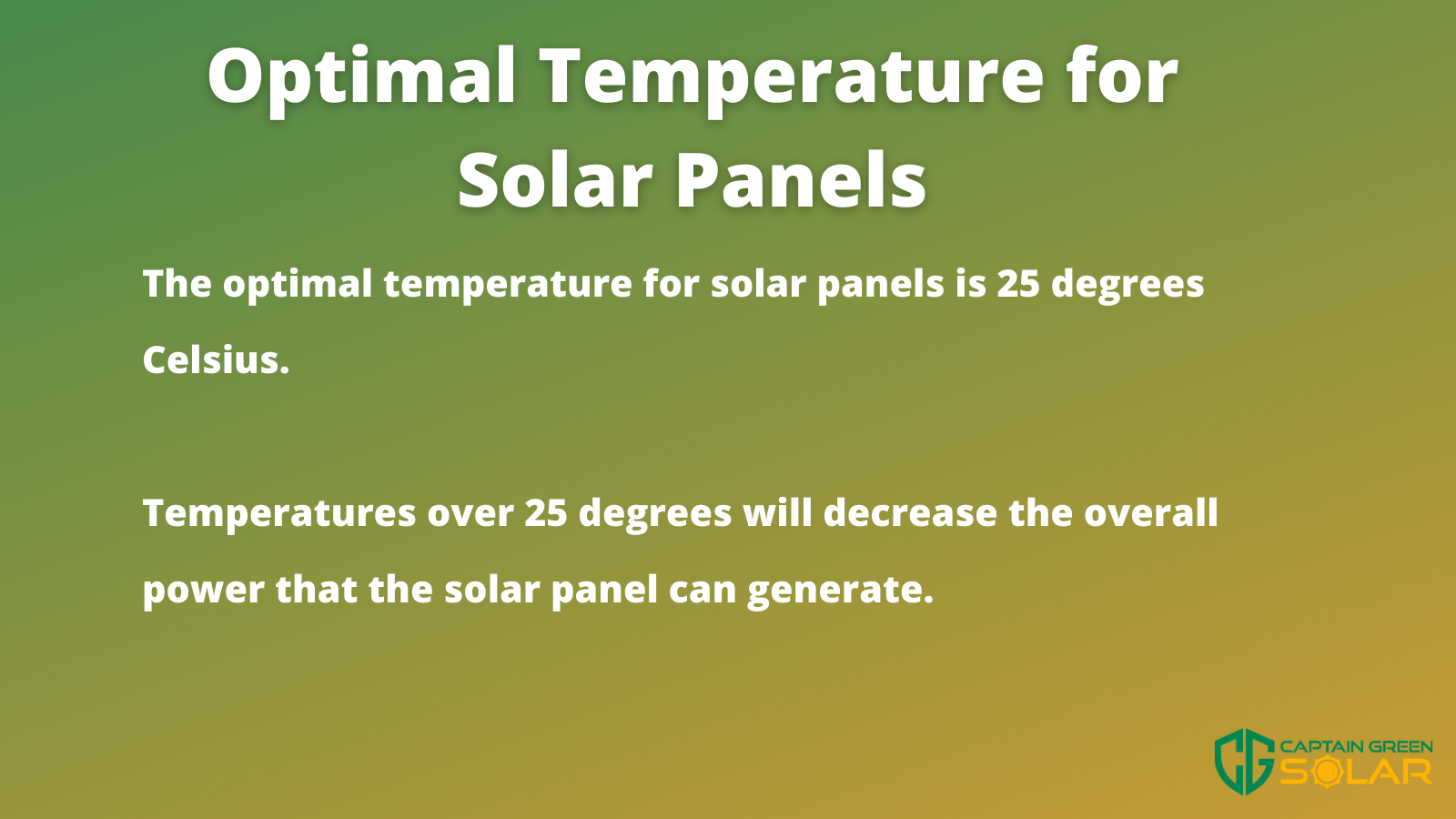
Solar panel performance can be negatively affected when temperature is measured above 25 degrees Celsius. This is because solar panels work by allowing photons (or particles of light) to knock electrons free from atoms, generating a flow of electricity. This is referred to as ‘exciting’ an electron. If a solar panel is warm or overheating, numerous electrons within the semiconductor will become ‘excited’, decreasing the overall voltage that the solar panel can generate.
To calculate how much power you will lose in certain conditions, times the difference between the current temperature and optimal temperature by the temperature coefficient listed on your solar panel. In general, most solar panel coefficients range between -0.20 to -0.50 percent, per degree Celsius. The closer this number is to zero, the less affected the solar panel is by a rise in temperature. When the temperature coefficient is -0.50 percent, this means that the overall efficiency of the solar panel decreases by 0.50 percent for every degree above the optimal temperature for solar panels of 25 degrees Celsius.
For example, let’s say the current temperature is measured at 33 degrees Celsius. That is a difference of 8 degrees Celsius from the optimal temperature of 25 degrees Celsius. Multiply the difference in temperature by the temperature coefficient:
8 x -0.50 = -4
Therefore, when a panel’s temperature is 33 degrees Celsius, the solar panel system will experience a 4 percent decrease in power output.
What Month Is Best for Solar Panels?
There is no particular month that is best for solar panels. Instead, there are months that are more likely to have consistent, optimal weather conditions for solar panels.
The optimal weather conditions for solar panel performance are as follows:
- Clear, unaffected sunlight
- Regular, lengthy sunlight
- Weather at or below 25 degrees Celsius.
Colder months without heavy cloud cover would be the best months for solar panels. However, this is a variable that is hard to quantify. Months that fall within summer and spring are more likely to be beneficial for solar panel systems as they have longer days of sunlight. However, temperatures can reach a point over 25 degrees in these months, which in turn can reduce the effectiveness of solar panel performance.
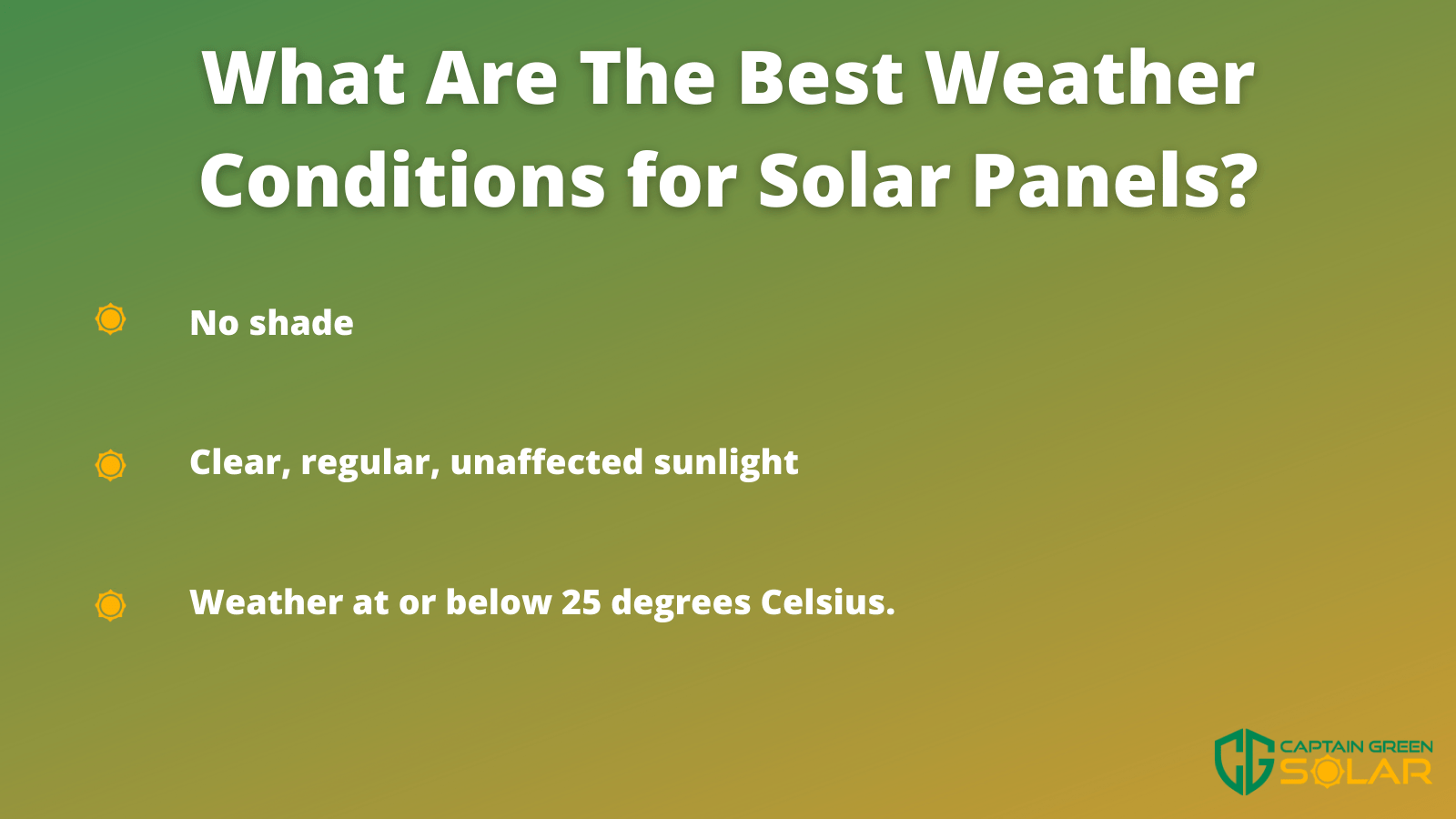
Solar Power Generation Summer vs Winter
Days are longer in summer and shorter in winter. As such, the amount of electricity generated through solar power systems changes with the seasons. This means that some solar systems can generate twice the electricity in summer compared to the shorter days of winter.
On average, a 5kW system will produce 13kWh a day in winter, whereas a 5kW system will produce 20kWh a day in summer. During winter, we are more susceptible to cloud cover, shade, and snow, which have the potential to decrease solar panel efficiency.
During colder weather, temperatures are more likely to reach the ‘dew point temperature’. The dew point temperature is defined as: ‘the temperature to which the air would have to cool in order to reach saturation’. A state of saturation exists when the air is holding the maximum amount of water vapour possible at the existing temperature. In these conditions, clouds are more likely to form and block sunlight from reaching the earth’s surface.
Thus, it is likely that solar panels will generate more power during the summer months compared to the winter months.
The Best Solar Panel Systems on the Market
With over a decade of industry experience and a thriving passion for solar panel technology, Captain Green is driven to make an environmentally friendly difference. Check out our extensive range of solar panels today!
If you’re interested in setting up a solar panel system or upgrading your current system, we’d love to hear from you. Get in touch with our friendly team today on 1300 361 682.

